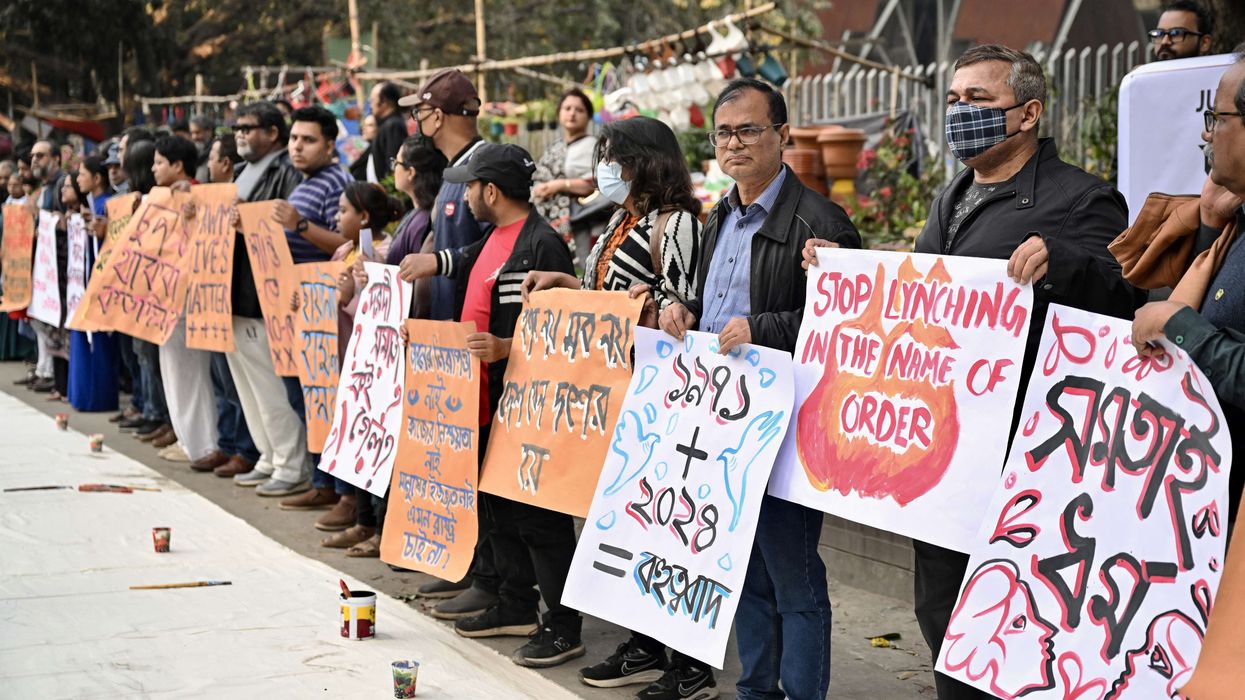Britain’s first Asian bishop has cautioned that the UK’s fight against extremism must not come at a cost to personal liberties at home.
Michael Nazir-Ali also criticised the idea of secularism being neutral. He claimed that by ignoring the religious heritage of Britain, its citizens have become ill-equipped to understand and communicate with newcomers from countries where faith plays a major role in public life, leading to challenges with integration.
Nazir-Ali’s statement came as he delivered a lecture, Monks, Magi and Mosques: Religion along the Silk Road at SOAS in London on Monday (6).
“What has isolated communities is a lack of any sense of a common citizenship in the nation,” he said. “Doctrines of multiculturalism, for instance, have simply allowed people to be on their own.
“That hasn’t been good for them and it hasn’t been good for the nation. What we need are policies that respect culture and respect religion, but at the same time encourage common citizenship – a common language.
“If you don’t know your own spiritual tradition, how are you going to understand other people’s? I think secularism has failed spectacularly in relating to people of faith.”
He said the Home Office should be focusing its attention on housing, employment, mobility and higher education in order to ensure a higher level of integration in society.
Originally from Pakistan, Nazir-Ali was the first non-white diocesan bishop in the Church of England, serving as the bishop of Rochester from 1994 to 2009.
He referred to the growth and fear of Islamist radicalism as one feature of the modern religious scene, noting its contribution to strife, terrorism and persecution and the
negative effect it has had on creativity and freedom of expression.
In some instances, efforts to curb extremism have led to a “Draconian curtailing” of the fundamental liberties of belief, expression and association, Nazir-Ali said, and
cautioned that there was a lesson to be learned from these examples.
The theme of his lecture included interfaith dialogue, the spread of various theologies across Eurasia and how religions of the world were impacted by trade and travel in the ancient world.
Interfaith dialogue is still a vital practice, Nazir-Ali said.
“Interfaith dialogue is very important so that we can bring our concerns to one another,” he said. “We live in a world where religions have to be accountable so they are accountable at the bar of world opinion; that is what interfaith dialogue should be about: accountability to one another.”
The lecture was held as part of the university’s exhibition Embroidered Tales and Woven Dreams, a showcase of embroidered textiles from the Silk Road.
In concluding his lecture, Nazir-Ali paid tribute to an ongoing project in Pakistan that seeks to recreate one of the original Silk Road trade routes between Gwadar and Xinjiang in China.
He explained: “Reviving at least one of the routes of the Silk Road is fraught with risk, but also holds out the promise that the Silk Road has always done – of opening up
people’s cultures and religions with one another.
“Let us hope that is what it does instead of being seen as an alliance against others or hegemony of one over others.
“This project does show, however, that the Silk Road continues to still have relevance today.”











